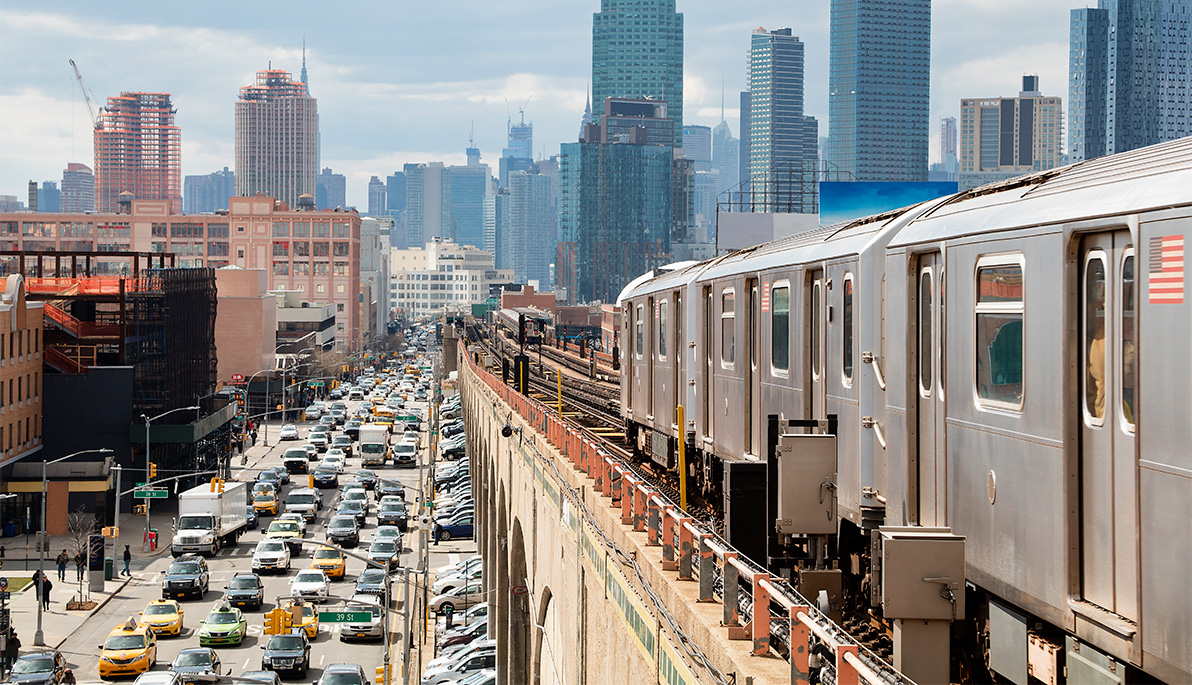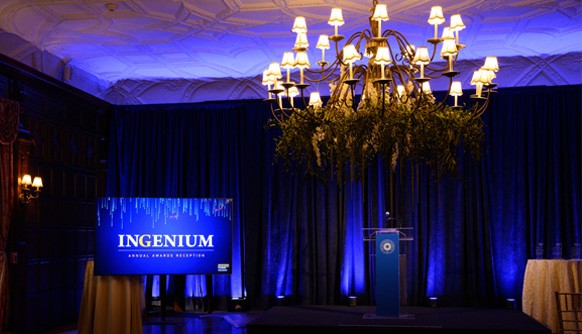News
News Byte: Designing Healthy and Resilient Cities in the Face of COVID-19
May 27, 2020
In a May 20 article in the French newspaper Le Monde, Graduate Urban Design program director Jeffrey Raven, MST. (CANTAB.), B.Arch., provides insights on how climate-resilient urban design can play a significant role in deterring major health challenges.
In his article, “Cities must take inspiration from urban climatology to respond to the health crisis” (see English translation), Raven refutes the oversimplified notion that blames urban density for the spread of COVID-19 in cities as a “convenient cover for those who have had an insufficient response to climate, public health, and emergency preparedness.”
In addressing the challenge to configure “dense, well-designed, equitable, efficient cities resilient to climate while yielding healthy quality-of-life outcomes,” Raven proposes four evidence-based urban climate factors that provide a design framework for configuring sustainable, resilient, and healthy urban districts: efficiency of urban systems, configuring climate-resilient urban form, climate-responsive construction materials and surfaces, and urban vegetation networks.
In Raven’s M.S. in Architecture: Urban and Regional Design (MSAURD) program, graduate students work with design, research, and policy experts to confront myriad 21st-century urban design challenges. Recent student research includes the Urban Design Climate Lab: Net-Zero District for New York City.
Read Raven’s article in the original French, or in English translation.



_Thumb.jpg)

